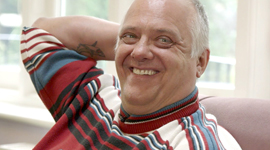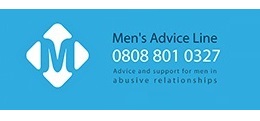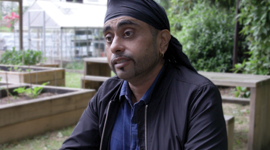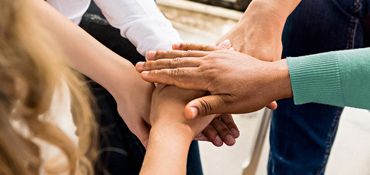
Recovery Focus
Supporting people experiencing mental ill health, domestic abuse, and harm caused by alcohol, drugs and gambling to live the life they want to lead.
About Us
Samaritans provides 24 hour telephone and online emotional support to anyone in emotional distress, struggling to cope or at risk of suicide.

If you are at serious risk of harm or immediate danger to life, call 999.

SANEline is a national out-of-hours mental health helpline offering specialist emotional support from 16:30-22:30, 365 days a year.

Alcoholics Anonymous is a fellowship of men and women who share their experience of alcohol addiction.

Refuge provides telephone support for women experiencing domestic violence or abuse.

The Men's Advice Line provides support for men experiencing domestic violence or abuse.

GamCare is the leading national provider of support, information and advice for anyone affected by problem gambling.

FRANK is a national drug education service which provides advice to children and young people on the potential effects of drugs. Talk to Frank.

The Campaign Against Living Miserably (CALM) is a movement against male suicide, the biggest killer of men under 45.


We provide drug, alcohol and gambling support services throughout the Midlands.
See more
We provide domestic abuse and specialist counselling services throughout the Midlands and London.
see moreRichmond Fellowship and Humankind have announced that they are merging to form a single charity to better support even more people facing multiple disadvantage.
see moreWorld Mental Health Day is an annual event that provides a platform to raise awareness about mental health issues and promote mental wellbeing worldwide.
see moreWe’re happy to announce the launch of our Lived Experience statement which outlines the importance of lived experience across Recovery Focus.
see moreThis week we officially launch our Group Strategy 2023-2026: Inspiring Individual Recovery.
see more